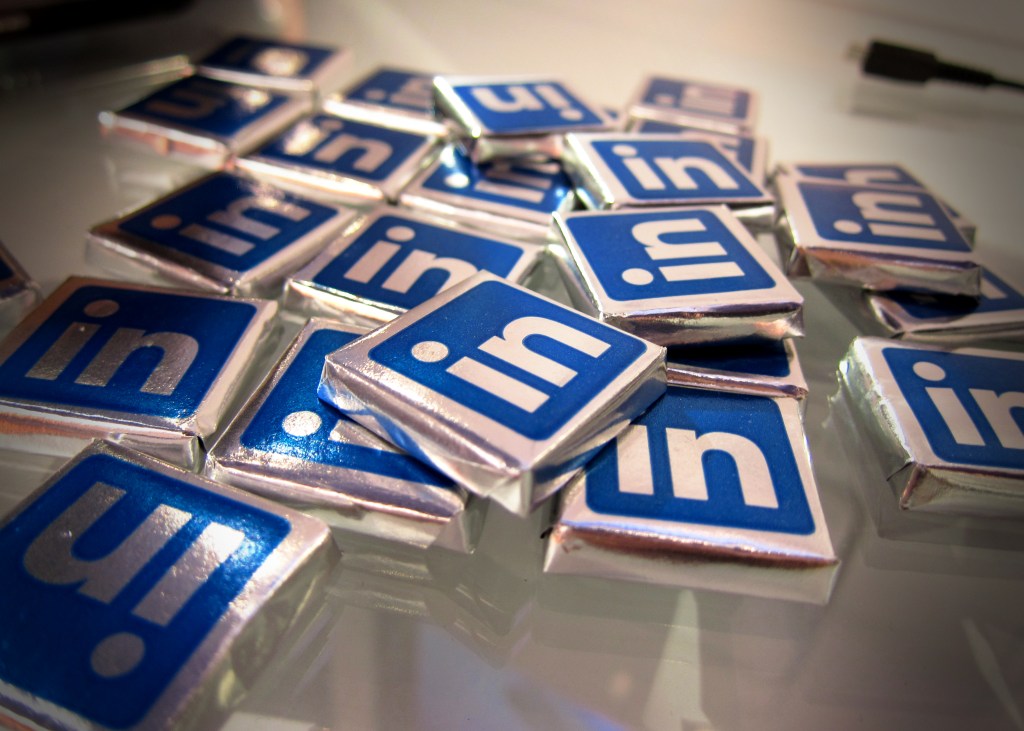Damian Kimmelman
More posts from Damian Kimmelman
In little over a month, shares in LinkedIn lost over half their value — because of poor growth forecasts, fears over future income, and even investor concerns over a tech bubble.
The issues facing LinkedIn, however, go beyond the company itself.
The problem stems from each of the company’s revenue streams, which ultimately diminish the business value of using the service.
Whether it’s being paid to promote content, focusing on sales and recruitment over other professions, or interruptive advertising, these streams incentivise poor behaviour by individual users on the site.
In other words, LinkedIn’s business model inhibits the growth of the network; and the network growth is ultimately what its business model is reliant upon.
The site’s focus on one-directional promotion limits its effectiveness for recruitment, and its reliance on user-generated content prevents it from being a useful sales tool for businesses.
Spam Is Bad For Recruitment
LinkedIn is not, in fact, a business network — individuals on LinkedIn represent themselves, not their businesses. And as LinkedIn’s content is mostly user-generated, the incentive is for the users to produce material that promotes themselves.
This creates a conflict. Most people aren’t looking to change jobs all the time. Instead, they want to communicate and build relationships. However, because LinkedIn’s revenue streams and design restrict typical business forms of communication and facilitate paid ones, most interactions on the platform are low-frequency and one-directional in nature, such as recruitment offers and sales pitches.
As a result, LinkedIn is now, at best, a business card holder. At worst, it’s a delivery service for spam.
Indeed, LinkedIn’s weak MAU (monthly active user) figures show this, as only one-quarter of its members use the site every month. This low level of engagement has made the product less and less useful for recruiting. Top performers in some industries, like tech, try to avoid LinkedIn as they get bombarded by recruiters.
With both recruiters and top talent not finding what they need on LinkedIn, real business interaction is carried out on other platforms.
Spotting the best talent is actually far easier with tools like Talentbin, Stack Overflow, and Github, which aggregate or facilitate positive interactions and allow skilled individuals to display their work — showing why they’re good at what they do.
Solutions like these, whose models are predicated on quality interaction, are changing the game for recruiters and top talent.
Need To Rebuild Investor Confidence
Historically, investors have believed in the potential of LinkedIn – as indicated by its shares trading at 50x its twelve-month forward revenues. However, the recent stock price turmoil shows that much of that confidence has been lost.
To reboot investor trust, LinkedIn needs to overhaul its strategy and stop incentivizing the worst behavior on the site.
The company needs to simplify its number of revenue streams and make sure that they work in concert with its user engagement and growth strategy, rather than in conflict.
It must also provide users with more control over blocking unwanted communications and integrate with workflows better; most specifically, with email, which is universally adopted.
Furthermore, if LinkedIn is to be a useful platform for sales organizations, it needs to focus more on the organisation, not just the individual. It must also utilise the vast amount of data that is not user generated and combine it with existing content to create a more complete picture of companies and their characteristics, vastly improving its ability to help sales and marketing teams.
Finally, the company should also end its protectionist policy with regard to its API. By not sharing its data with others, LinkedIn safeguards some of its revenues, but also restricts integration with business workflows – relegating the network to continue to be one focused on individuals rather than businesses.
It’s not all gloom and doom for LinkedIn. The company still has assets that are the envy of any tech company — a vast user base and a wealth of content to exploit. But it must realign its business model so that it stops damaging its growth prospects and starts to serve companies better. The alternative is a network that is less and less relevant to the audience it needs to engage – and a business that will only suffer as a result.































Comment